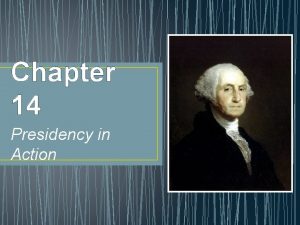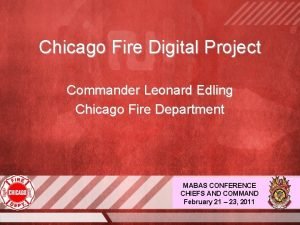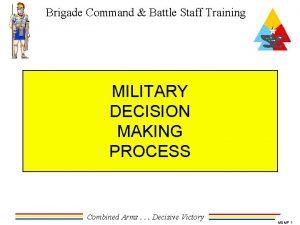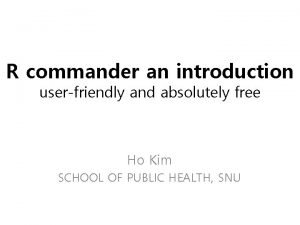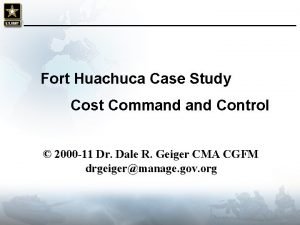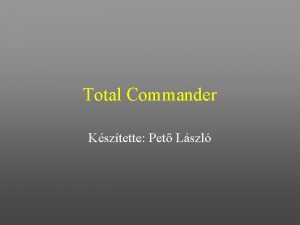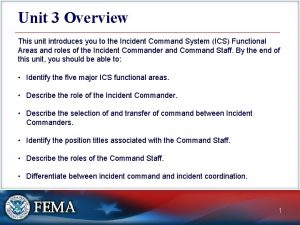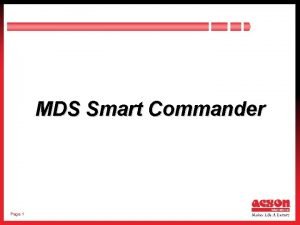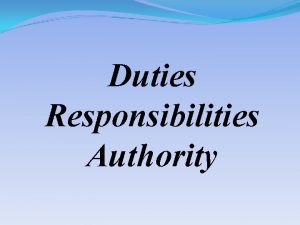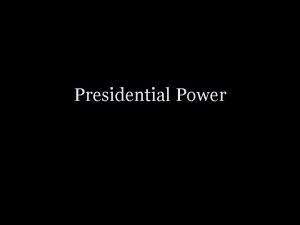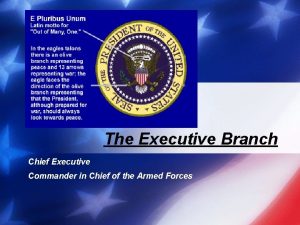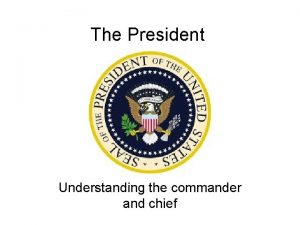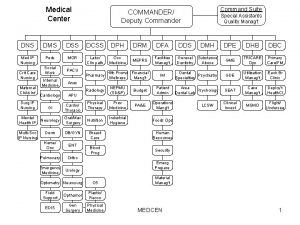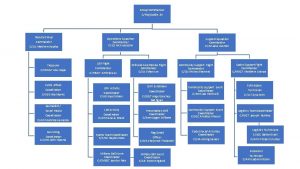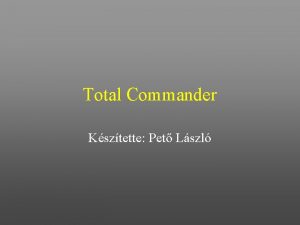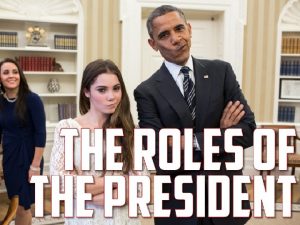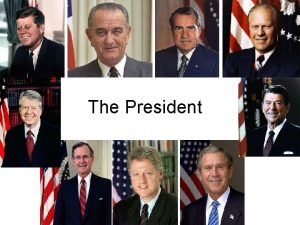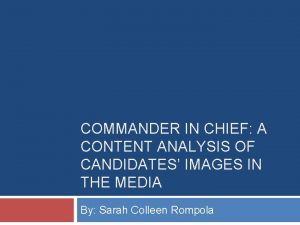President as Commander in Chief How has the




















- Slides: 20

President as Commander in Chief How has the president’s power over the military expanded over time?

Do Now: Read the handout: “War Powers Act, 1973” How does this show that the power of the presidency has expanded?

Article 2, Section 2. The President shall be Commander in Chief of the Army and Navy of the United States, and of the Militia of the several States, when called into the actual Service of the United States; he may require the Opinion, in writing, of the principal Officer in each of the executive Departments, upon any Subject relating to the Duties of their respective Offices, and he shall have Power to Grant Reprieves and Pardons for Offences against the United States, except in Cases of Impeachment. Article 2, Section 2 gives the president the following responsibilities: - - - Commander in Chief of the Army and navy Must collaborate and seek advice of his advisors and cabinet members Grant reprieves (commuting/pardoning federal prison sentences) Pardoning members of his staff (even himself!)

Congress is supposed to declare war 1812 and for the next hundred years, U. S. presidents asked for and received congressional declarations of war against England, Mexico, Spain, Japan, and European powers

Vietnam War President John F. Kennedy sent troops to defend South Vietnam without congressional declaration of war. - Eventually the Tonkin Resolution was passed authorizing President Lyndon Johnson to use force against North Vietnam.

Nixon and the War Powers Resolution In reaction to U. S. involvement in Vietnam, Congress passed the War Powers Act which limited the president’s authority to commit American troops abroad without Congressional approval. The law was passed over the veto of President Richard Nixon, who argued the law was an abridgement of the president’s authority as Commander in Chief. The Act raises the questions: How far does the president’s power as Commander in Chief extend? And, how much of that power can be limited by Congress?

What does it say? 1) After committing forces into combat, the President must report to Congress within 48 hours. 2) Military action must end within 60 days unless Congress agrees to a longer period. 3) Congress may issue a 30 day extension or can declare war at that time 4) Congress may end the combat at any time, by passing a concurrent resolution.

How has the War Powers Act been challenged in recent times?

During the presidency of George W. Bush






During the presidency of Barack Obama



DISCUSS! How could the president’s defiance of the War Powers Act be potentially dangerous?

Why is this dangerous?

Summary One way that Congress could restore the balance of power is _________.
 Chapter 9 lesson 3 commander in chief and chief diplomat
Chapter 9 lesson 3 commander in chief and chief diplomat Chapter 14 the presidency in action answer key
Chapter 14 the presidency in action answer key President as chief administrator
President as chief administrator President vice president treasurer secretary
President vice president treasurer secretary Agile fleet commander
Agile fleet commander Project commander
Project commander Battlestaff directives (dps.mil)
Battlestaff directives (dps.mil) Desktop optimization pack
Desktop optimization pack How to start r commander
How to start r commander Fort huachuca garrison commander
Fort huachuca garrison commander Volkov commander
Volkov commander Which ics functional area arranges for resources
Which ics functional area arranges for resources Commander keen publishers
Commander keen publishers Crescive approach
Crescive approach Smart commander
Smart commander Naval service training command
Naval service training command Vfw officer positions
Vfw officer positions Diagnostics and recovery toolset
Diagnostics and recovery toolset Dxlab commander
Dxlab commander The commander of the german east asia squadron was
The commander of the german east asia squadron was Dr dimuthu de silva
Dr dimuthu de silva

